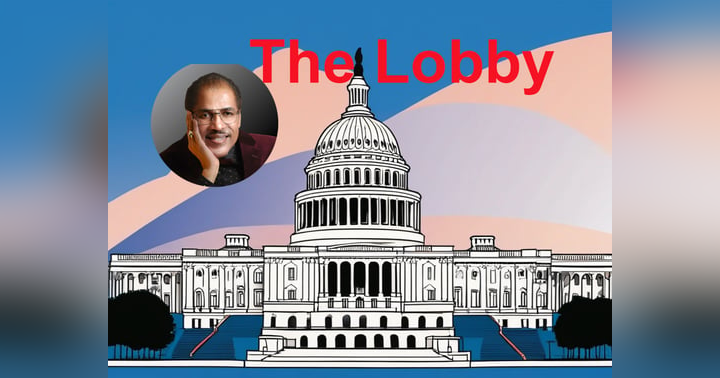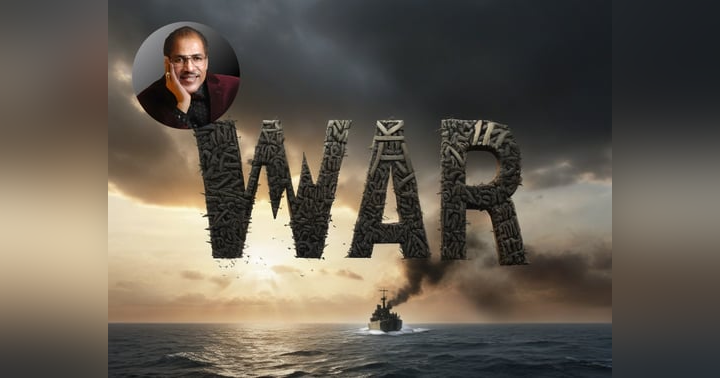Genocide the Indefensible

Genocide the Indefensible
Article by Butch Leake
Copyright 2024
Introduction:
The Israeli-Palestinian conflict is a long-standing and deeply complex geopolitical issue that has continued to escalate over the years, causing immense suffering for both the Israeli and Palestinian people. At the heart of this conflict is the struggle for land, resources, and self-determination, with both sides claiming historical and religious ties to the region. However, the involvement of Western countries, particularly the United States and European nations, has played a significant role in perpetuating violence and oppression in the region.
Historical Context:
The roots of the Israeli-Palestinian conflict can be traced back to the late 19th century, when Jewish immigrants began to settle in Palestine, then under Ottoman and later British rule. The establishment of the state of Israel in 1948 led to the displacement of hundreds of thousands of Palestinians, who became refugees in neighboring countries. Since then, the conflict has been marked by wars, military occupations, and violent clashes, with both sides committing human rights abuses and atrocities.
Role of Western Countries:
Western countries, especially the United States, have played a crucial role in the Israeli-Palestinian conflict by providing significant military aid, diplomatic support, and economic assistance to Israel. The US alone provides over $3 billion in military aid annually to Israel, making it one of the largest recipients of American aid in the world. This military aid has enabled Israel to maintain its military superiority over the Palestinians and continue its occupation of Palestinian territories.
In addition to military aid, Western countries also engage in lucrative arms sales to Israel, further fueling the conflict and perpetuating violence. These arms sales not only contribute to the militarization of the region but also undermine efforts for peace and reconciliation between Israelis and Palestinians.
Impact of Foreign Aid and Arms Sales:
The massive influx of foreign aid and arms sales to Israel has had devastating consequences for the Palestinian people, who continue to live under occupation, facing daily restrictions on their movement, lack of access to basic services, and widespread poverty. The Israeli military's use of advanced weaponry, often supplied by Western countries, has resulted in numerous civilian casualties, including women and children, during military operations in Gaza and the West Bank.
Furthermore, Western countries' unwavering support for Israel and failure to hold it accountable for human rights violations have emboldened the Israeli government to continue its policies of settlement expansion, land confiscation, and home demolitions in violation of international law. This has only heightened tensions and deepened the cycle of violence in the region.
Marginalization of Peaceful Protests and Activism:
Despite the ongoing violence and oppression, many Palestinians and Israelis continue to engage in peaceful protests and activism to call for an end to the conflict and a just resolution to the Palestinian-Israeli issue. However, their voices are often marginalized and suppressed by both the Israeli government and Western powers, who view them as threats to the status quo.
Peaceful protesters, human rights defenders, and journalists in the occupied territories face harassment, arrests, and even violence at the hands of Israeli security forces. Meanwhile, Western governments often ignore or downplay their calls for justice and instead prioritize maintaining their strategic and economic interests in the region.
Potential Solutions for Achieving Peace and Justice:
In order to achieve a lasting peace in the Israeli-Palestinian conflict, Western countries must reevaluate their policies and actively work towards a just and equitable resolution. This includes holding Israel accountable for its human rights violations, ending military aid and arms sales that contribute to the conflict, and supporting diplomatic efforts for a two-state solution based on international law and UN resolutions.
Furthermore, Western governments should listen to the voices of peace activists and civil society organizations on the ground, who are working towards reconciliation and coexistence between Israelis and Palestinians. By empowering these grassroots movements and promoting dialogue and understanding between the two communities, Western countries can help build trust and pave the way for a sustainable peace in the region.
Conclusion:
The Israeli-Palestinian conflict is a tragic and ongoing humanitarian crisis that has been perpetuated by the involvement of Western countries in the region. The massive military aid and arms sales to Israel, coupled with the marginalization of peaceful protests and activism, have only fueled the cycle of violence and oppression.
It is imperative for Western governments to reassess their policies and prioritize human rights, justice, and peace in the region. By holding Israel accountable for its actions, supporting peaceful initiatives, and advocating for a just resolution to the conflict, Western countries can help bring an end to the suffering and achieve a lasting peace for both Israelis and Palestinians. The time for meaningful change is now, and the international community must act decisively to ensure a better future for all those affected by this protracted conflict.



